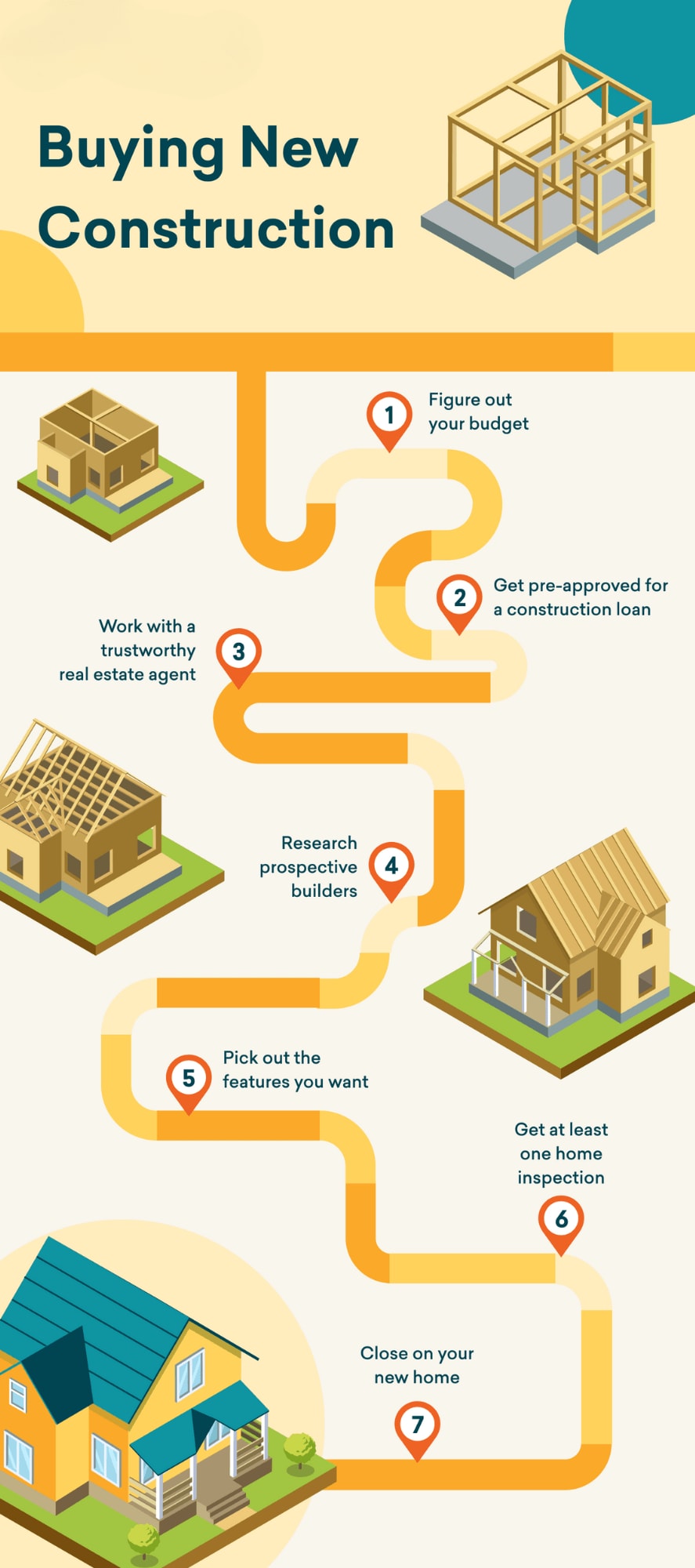
-
Initiating the Transaction
When purchasing a home that is still under construction, the process differs somewhat from acquiring an existing property. Nevertheless, several steps remain consistent.
-
Initiation of Interest: Rather than presenting a typical real estate purchase contract and participating in competitive bidding, prospective buyers in pre-construction phases usually secure their position through a reservation and the buyer doesn’t have to be involved in the stressful bidding war situation the way traditional buyers do. Developers typically request a modest, refundable deposit, which ranges from $1,000 to $5,000, to reserve the property for a period of 7 to 14 days. If, at the end of this reservation period, the buyer decides against proceeding with the purchase, they can withdraw from the transaction and receive a full refund of their deposit. Consequently, the price is typically set, and there's no need to engage in the often intense bidding wars that can occur with non-new construction purchases. Speed is of the essence, as high demand and limited supply can lead to rapid sell-outs, even during the early pre-sale phase.
- Controlled Release: Some developers release only a limited number of units in each phase to manage sales volume. It's not uncommon for buyers to engage in a kind of race to secure their reservations. For this reason, some opt to reserve a unit before making a final decision, leveraging the 7 to 14-day reservation period to conduct further research. Once a reservation is made, no one else can secure the same unit, even if they are willing to pay more, as the reservation price remains fixed. Most buyers who reserve units eventually proceed with the purchase, reflecting the pressing housing shortage, especially in areas like Greater Boston. Given the rapid nature of the reservation process, consulting with an experienced agent to thoroughly understand the property and its potential implications is crucial.
-
-
Executing the Purchase and Sale Agreement (P&S):
During the reservation period, buyers consult with their agent to determine their intention to proceed with the purchase. Once the decision is made, the buyer's agent connects them with a seasoned closing attorney for the formal signing of the Purchase and Sale Agreement (P&S). This comprehensive document outlines the terms and conditions of the purchase, and negotiations between the buyer's and seller's attorneys occur prior to both parties signing the agreement.
-
Mortgage Commitment and Property Inspection:
Approximately one week before closing, the mortgage commitment and a final walkthrough are conducted. The lender issues a commitment letter, indicating clearance to proceed with the transaction, and permits a final inspection before closing. For new construction condos, the walkthrough typically involves the creation of a punch list where the buyer can list any requested improvements (e.g., paint touch-ups, repairs, or malfunctioning fixtures). Sellers generally have 30 days to address the items on this list. Additionally, buyers have the option to hire a professional inspector for the condo, typically costing between $250 and $400 (higher if a written report is requested). The inspector can provide valuable insights into the property and identify potential issues. While many new construction buyers skip this step, those who do opt for an inspection often find it beneficial. Keep in mind that a home inspection is entirely optional, but if you decide to have one, inform your agent so they can provide suitable recommendations.
-
Completion:
On the day of closing, make sure to bring your identification. You will be required to pay the remaining down payment at this time, so prepare accordingly. The closing process typically lasts about an hour, during which the attorney will review all legal and mortgage-related fees and explain the paperwork.





